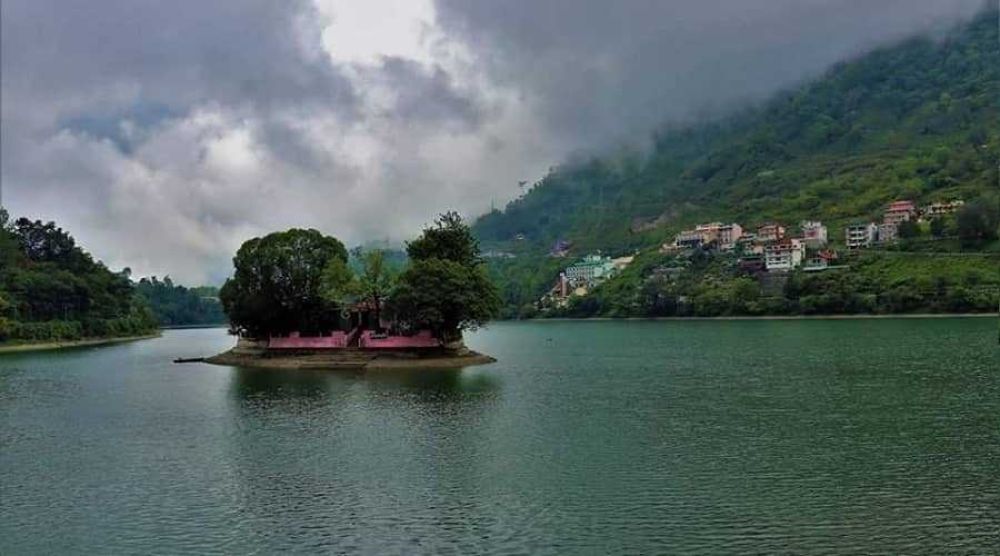

Nestled in the majestic state of Uttarakhand, India, Bhimtal is a picturesque town known for its serene environment and fascinating tourist attractions. The history of tourism in Bhimtal dates back to the times when it served as a rest stop for the ancient silk route travelers. However, it gained prominence as a tourist destination during the British colonial rule when it became a favored summer retreat for British officials seeking respite from the scorching heat of the Indian plains.
The star attraction of Bhimtal is the Bhimtal Lake, which is larger and quieter than the famed Nainital Lake. At the center of Bhimtal Lake lies an island, which has been developed into an aquarium. This island was originally home to a restaurant, which was later transformed into an aquarium in a bid to increase the ecological and recreational value of the area and attract more tourists. The Bhimtal Island Aquarium has since become a significant attraction, drawing visitors who are eager to witness the aquatic life and enjoy the boat ride to the island.
Following the global trends, Bhimtal has begun focusing on sustainable tourism practices. The turn of the 21st century saw a surge in eco-tourism, with tourists becoming more environmentally conscious, seeking to minimize their carbon footprint while enjoying the natural beauty of Bhimtal. This has led to a gradual shift from traditional tourism to sustainable practices, like local community involvement in tourism activities and preservation of the ecological balance of the lake and its surroundings.
Adventure tourism is also gaining momentum in Bhimtal. With the surrounding hills offering ideal locations for trekking, paragliding, and camping, an increasing number of adrenaline-seekers and nature enthusiasts are flocking to Bhimtal. Moreover, the town has seen an increase in the number of boutique hotels and homestays that provide personalized experiences to travelers.
Digitalization has also left its mark on Bhimtal's tourism scene. With the advent of technology and the increasing prevalence of travel blogs and social media, information about hidden gems like Bhimtal has become more accessible, leading to an increase in footfall. Travelers are now more inclined to explore off-the-beaten-path destinations and indulge in experiences that are unique to the locale – like local cuisine tasting, participation in cultural festivals, and nature walks.
The local administration has responded by improving the infrastructure, ensuring better connectivity, and providing amenities that make visitation more comfortable and enjoyable without compromising the natural beauty and environment of Bhimtal.